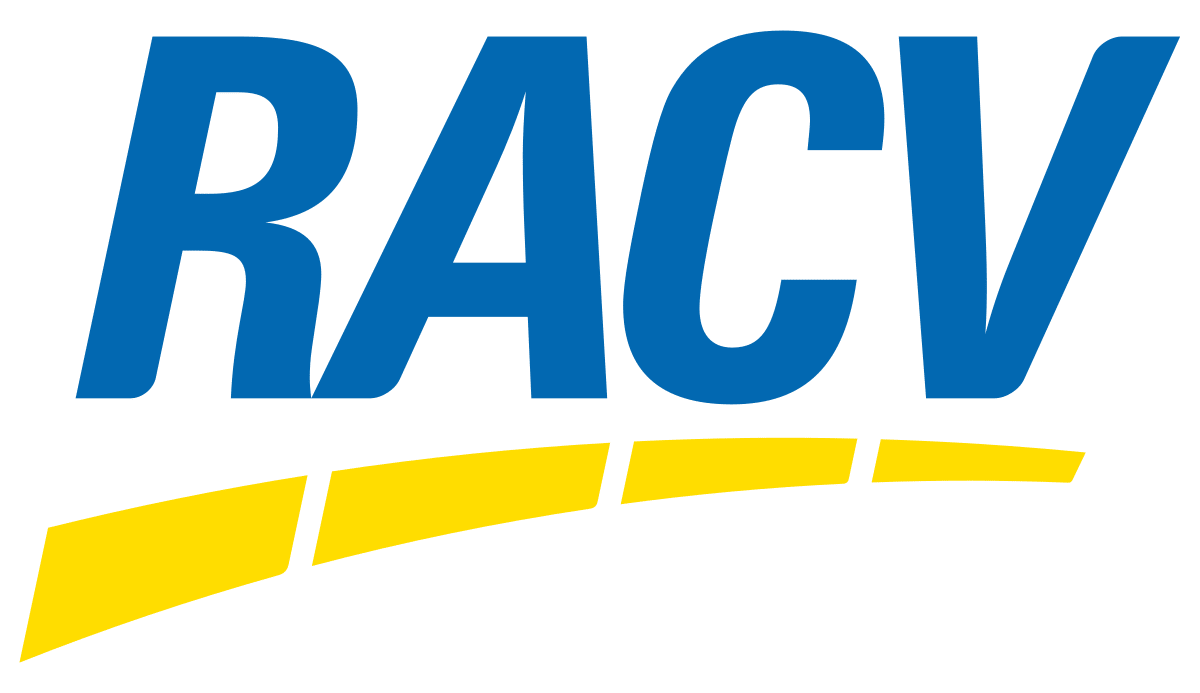For most Australians, the last place you’d want to find yourself is in court, regardless of which side you’re on. Not only can it be a time-consuming and draining exercise, but also a very costly one. Engaging the services of a lawyer is likely to set you back hundreds, thousands or even more, depending on the nature of the case, so it’s worth thinking about how you’re going to pay for everything. That’s where a legal fee loan could come in handy.
What are legal fee loans and how do they work?
A legal fee loan is simply an unsecured or secured personal loan taken out for the purpose of covering the cost of legal proceedings. These can allow you to borrow up to $75,000 if unsecured and as much as $100,000 if secured, with your debt able to be repaid in instalments over one to seven years. In this respect, they’re the same as any other standard personal loan.
What expenses can I use my legal fee loan for?
You can essentially use your legal fee loan for any type of lawyer or other charge you like. These include:
- Lawyers’ hourly rates, which can be based on travelling time to court and your meetings with them, reading and researching documents, expenses relating to witnesses and other administrative costs
- Court settlements
- Out of court settlements
- The opposing party’s legal fees
- Court costs, such as daily hearing and conciliation conference fees
Part of the beauty of personal loans is that they can be used for multiple purposes, not just your legal fees. That means you can put your funds towards your medical expenses, consolidating multiple debts into one loan or even planning your wedding.
How much does a good family lawyer cost?
Family lawyer fees can vary significantly depending on the practice and the seniority of the lawyer you call on. According to Carew Counsel Solicitors, the hourly rate for a family lawyer can vary from $350 to $500 per hour for junior solicitors to $500 to as much as $1,000 per hour for senior solicitors (all figures excluding GST).
You can expect to pay different fees for different areas of law. For example, criminal law fees can range from $220 to $880 per hour or $2,200 to $6,600 per day, depending on factors like the nature and complexity of the case, according to Criminal Defence Lawyers Australia.
Meanwhile, injury or insurance lawyers might charge $5,000 to $15,000 total for TPD claims specifically, though many lawyers and firms operate on a “no win, no fee” basis, per Fittipaldi Injury Lawyers. It’s important to find out what your lawyer charges before you engage them.
How to apply for a legal fee loan with Savvy
-
Complete our online form
Fill out details about how much you want to borrow, why you need it and your financial situation.
-
Send us your documents
We may need you to send through further documents to verify your income and identity.
-
Chat to your Savvy broker
Once we have what we need, your broker will give you a call to talk through your loan options.
-
Have everything prepped and submitted
From there, your broker will put together your formal application and send it off to your lender.
-
Get approved and settled
Formal approval comes next, so we’ll handle the loan settlement and the money will be in your account before you know it!
Why apply for a personal loan with Savvy?
Help from the experts
When you submit your application, one of our consultants will compare the best available options and walk you through the process.
Paperless applications
You don't need to worry about sifting through documents and visiting the post office, as they can all be submitted online.
Reputable lending partners
We've partnered with personal loan companies you can trust to ensure your comparison is a high-quality one.
What are my other legal fee loan options?
There are a few other ways to finance the cost of your legal fees. These include:
- Payment plans: some law firms will offer payment plans for your fees that allow you to stagger the repayment of your costs over a longer period without taking out a loan. This may include additional fees and interest, though.
- Legal aid: this is designed for those who need access to a lawyer but may not be able to afford one. A lawyer is provided to you through a national, state or territory legal aid body, which you’ll only be required to pay a small contribution towards. In SA, for example, the minimum contribution is $70 for family law and $50 for all other matters.
- Buy now pay later (BNPL): you may also be able to pay off your legal costs in smaller chunks with a BNPL service. This splits your debt into four to six even instalments, with no interest payable. You’ll usually have to pay a small fee to use the service and it may have a negative impact on your ability to get other loans.
Is a legal fee loan right for me?
Whether a loan is right for you depends on your specific circumstances, so it might be a suitable call for some and not others. Here are a few questions you’ll need to ask yourself when tossing up whether to choose a loan for your lawyer’s services:
- How much am I paying in interest? That’s the biggest cost to worry about when taking out a loan, which is why it’s crucial to compare your options before signing on the dotted line. Consider whether making your payment more easily is worth the extra investment.
- How comfortably can I pay my legal fees without a loan? If you don’t have enough in your account to cover the costs, you obviously won’t be able to pay in cash. However, even if you do, think about financial opportunities in the next few years that may be impacted by draining your savings.
- Should I just use legal aid? As mentioned, legal aid is a program that can provide quality lawyers regardless of whether you have the funds to pay for them. If you’re eligible, this is clearly the most cost-effective option. However, choosing a particular lawyer outside the program might bring more peace of mind, or you may simply be ineligible.
- What is the cost of a family lawyer in Australia? - Carew Counsel Solicitors
- How Much Does a Lawyer Cost in Australia? - Criminal Defence Lawyers Australia
- Uncovering Costs: How Much Do Lawyers Charge for TPD Claims? - Fittipaldi Injury Lawyers
- Applying for Legal Aid - Legal Services Commission South Australia

















